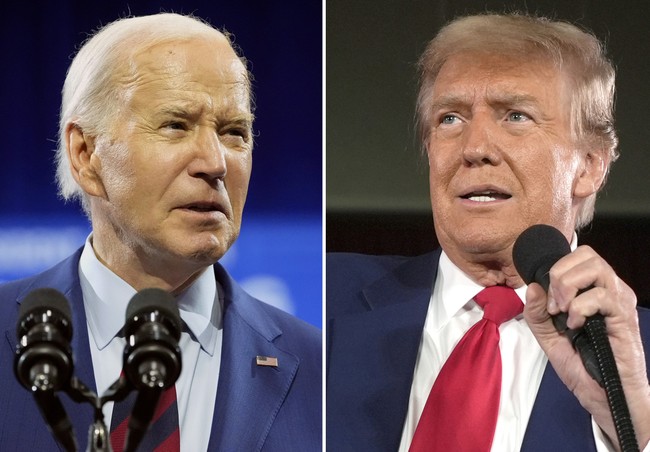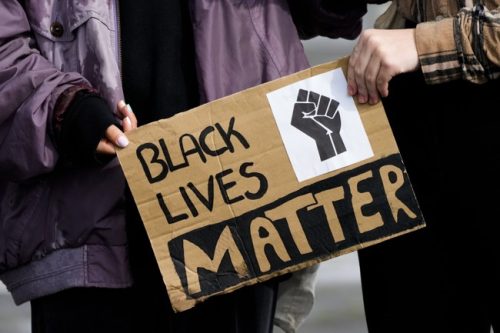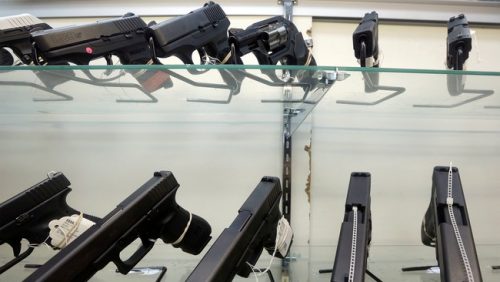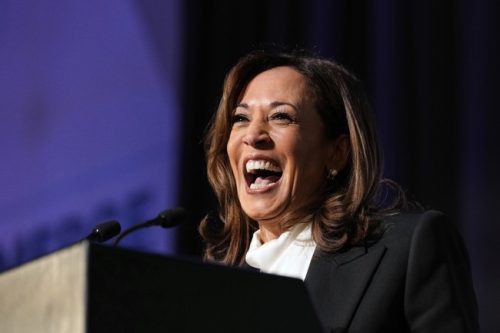Kamala Harris has been unusually blunt about Joe Biden’s performance in the first CNN debate with Donald Trump, and her comments dug into the same doubts about his fitness that critics had warned about. She says Biden didn’t want the debate and that his condition made people inside the administration worried, a revelation that helps explain why the fallout was so severe. The aftermath exposed internal panic, Republican investigators, and a scramble that cost Democrats dearly.
Harris hasn’t been shy about bringing this up, and that matters because it confirms what many opponents suspected: top Democrats were aware of serious problems before the debate. Her frank remarks make it clear the campaign didn’t have confidence in Biden handling a high-stakes stage against Trump. That’s a problem when the commander-in-chief needs to show clarity and strength under pressure.
The debate itself was a turning point. Biden’s performance on CNN drew widespread criticism and, in short order, major players worried about the optics and the reality of his ability to lead. Those concerns weren’t just chatter; they shaped urgent conversations inside the White House and among advisers about whether to continue the campaign. When senior staff and officials start questioning a candidate’s capacity, it’s not a rumor — it’s a crisis.
Then-President Biden “didn’t want that debate,” former Vice President Harris said in a new interview, describing a reluctant president whose fateful night on stage accelerated President Trump’s return to the White House.
Why it matters: Harris’ remarks tap into Democrats’ broader reckoning over how denial, deference and age shaped their 2024 collapse.
“I could tell something was a little off and I was concerned,” Harris said in an interview with Steven Bartlett on the Diary of a CEO show.
“If you don’t want to be in the competition, it will absolutely have an impact on your performance,” Harris said in the new interview. “I’m pretty sure that he did not want to debate… I think he got talked into it.”
Context: A Republican-led House panel on Tuesday released a report alleging Biden showed signs of cognitive decline during his time in office, where many top aides responded to questions about his health and whether it was obscured from the public.
Former Biden Chief of Staff Jeff Zients told the panel that several top administration officials were concerned about him continuing his reelection campaign after the debate.
That block of candid admissions and follow-up from the House panel paints a picture of a team trying to paper over problems while the clock ticked. Republicans pointed to the debate as evidence of a larger failure to be honest with voters, and Harris’s comments only underscore that impression. For voters who prioritize competence and national security, the whole episode reinforced doubts about who was actually calling the shots.
It’s one thing for staff to have private reservations; it’s another to let an unsteady performance play out on live television. The stakes are real: a president must be ready for crises, and any hint of cognitive decline invites national-security concerns. The fallout put the party in defensive mode when it should have been presenting a united, confident case to the country.
Democrats will argue about intentions and pressure behind closed doors, but the political reality is obvious. When a candidate appears reluctant and then collapses on stage, the result is predictable — voters lose trust and campaigns unravel. Harris’s remark that Biden “didn’t want that debate” is a line opponents could and did run with, and it helped crystallize the narrative that cost the party control.
Republicans see this as confirmation that accountability matters, and that voters deserve clear answers about the fitness of those who would lead. The debate and its aftermath offered a painful lesson in political risk and the consequences of prioritizing image over transparency. For the GOP, it was proof that tough questions and scrutiny can alter political math in a big way.
Looking back, the episode will be studied as a collapse that boiled over in public view, with Harris’s words serving as an unusual but telling admission from within. The debate didn’t just change one night; it reshaped a campaign, triggered investigations, and left a lasting imprint on how leadership and fitness are discussed in American politics.






